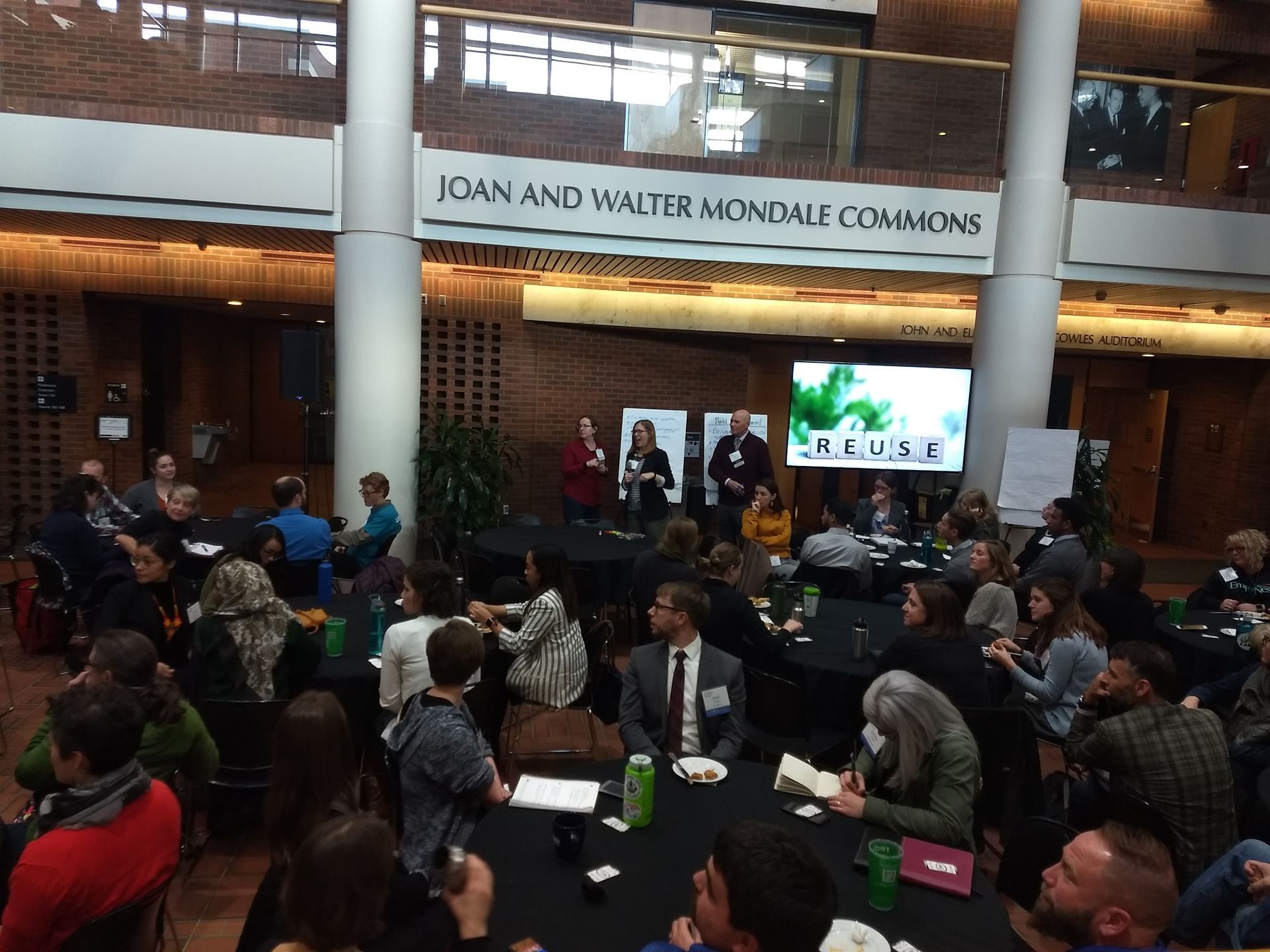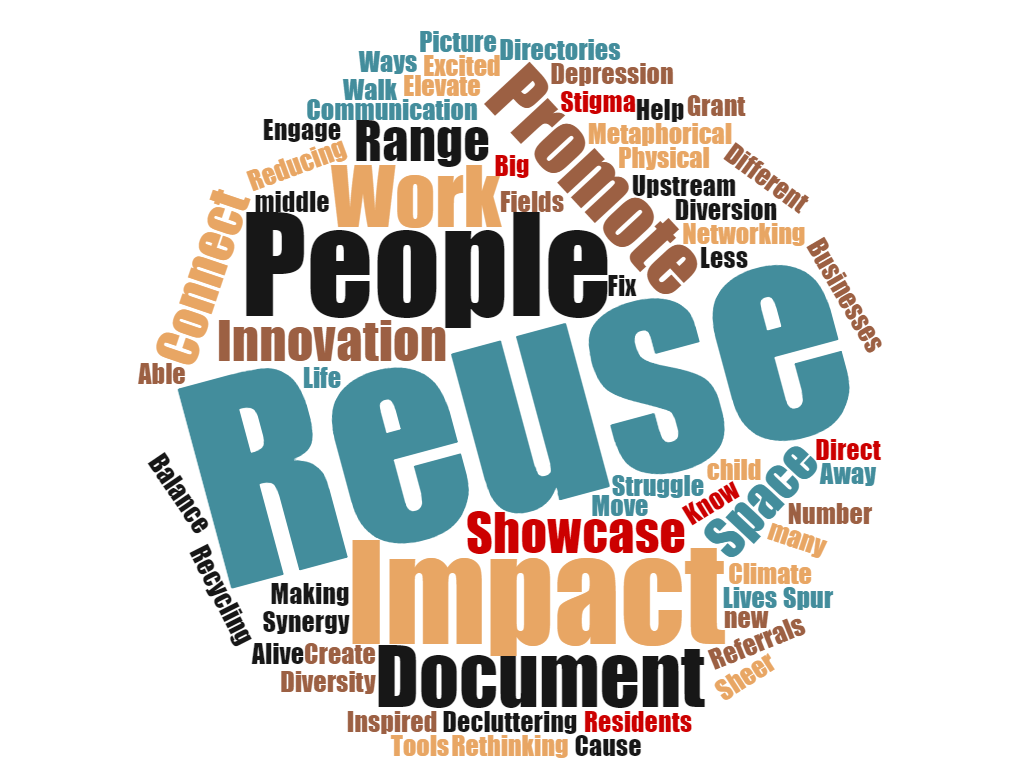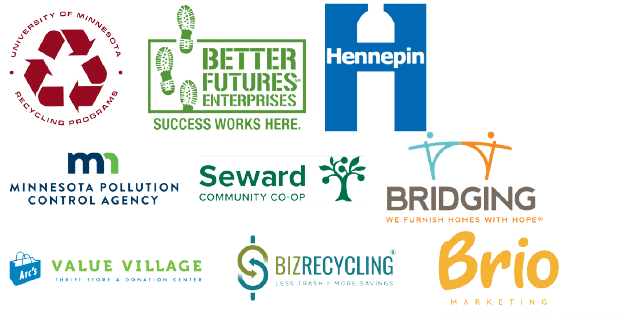
ReUSE Minnesota’s first regional conference was a hit! 118 attendees gathered at the Humphrey School Conference Center on November 4th for a day of speaker sessions, exhibitor tables, conversation, and networking. If you weren’t able to join, we’ve provided some highlights below, and also loaded the presentation materials on our website.
Plenary - Keynote
Rethinking Reuse - The Good, the bad, and the ugly | Dr. Tim Smith, University of MN
The GOOD: In most cases it’s environmentally beneficial to reuse products and materials (with a few exceptions, of course) given the impact of manufacturing and production. Circular economic policies and trends in the sharing economy are likely to enhance the growth and influence of reuse platforms.
The BAD: Few products are designed for reuse or leased ownership – barriers continue to exist with inventory management and psychological barriers to reuse.
The UGLY: It’s complicated – policies and platforms need to:
- Remove barriers to access for circularity
- Create incentives and efficiencies to counter non-substitutability
- Counter effects of increased direct and indirection consumption (rebounds)
Speaker Track - Reuse, Rental, Repair Business Development and Operations
Launching a Reuse Business – Getting Started, Challenges You’ll Encounter, and How to Grow | Christian Chamberlin (r.Cup)
With 4 billion single-use plastic cups being used and wasted every year at concerts and other live events, there’s a clear opportunity for improvement. r.Cup is an exciting example of a company that saw an unsustainable practice, and made great strides in changing the system with a reusable option. After having a great idea, however, the challenge is making sure the system doesn’t pull it back into unsustainable territory. The value of reuse is keeping the circularity of take, use, return, repeat!
Relationship Marketing Workshop | Grant Henry and Emma Tuftin (Brio Marketing) and Cap O’Rourke (O’Rourke Strategic Consulting)
Brio Marketing specializes in helping nonprofits and social enterprises develop holistic marketing strategies, and is working with ReUSE Minnesota to make that story come alive about the reuse, rental, and repair sector. Over the next year they will be helping identify marketing goals, audience, and “motion,” the ingredients that build and strengthen authentic relationships between businesses and the people who support them. Are you ready to re-energize, align, and super-charge your marketing?
Evaluating the Hennepin County Choose to Reuse Program | Kristin Pierskalla and Angie Timmons (Hennepin County Environment and Energy)
In the fall of 2018, Hennepin County sought out proposals for community engagement for two projects. One was for consumer research, including conducting focus groups, to better understand barriers and benefits related to purchasing behaviors to help the county market programs that encourage actions to prevent waste and reuse materials. The second was to develop a 5 year marketing campaign strategy for the county to implement, looking for a strategic approach and new ideas to reinvigorate the Choose to Reuse campaign. There are exciting similarities between this program and ReUSE Minnesota’s efforts – seems like a great partnership going forward.
Speaker Track - Policies to Promote Reuse and Grassroots Programming
Fair Repair Legislative Session in Review and Upcoming | Tim Schaefer (MN Fair Repair Coalition)
Current environmental policy focuses more on remediation and end-of-life, but Fair Repair is shifting the conversation upstream. It seeks to improve access, represented by a broad and diverse coalition, and also return more autonomous ownership to citizens. Our society has shifted away from a repair economy and skillset, but fair repair will require electronics manufacturers provide repair manuals, diagnostic software, and replacement parts and hardware are available!
New Food Code Regarding Returnables and Reusables | Sarah Leach (MN Dept of Health) and Nicole Albrecht (MN Dept of Agriculture)
State statute defines “bulk food,” meaning what foods a consumer can buy in a non-standardized quantity in a self-service fill station, based on its water content, PH levels, and whether it is likely to transfer foodborne illnesses. Food code then defines how bulk food stations need to be designed and when it’s ok for consumers to bring their own containers. It’s very detailed and complicated – check out their presentation to walk through different scenarios you may encounter!
Before Recycling: A Municipal Approach to Reuse | Emily Barker (City of St. Louis Park)
Swap it out! St. Louis Park is an excellent example of how reuse can be integrated into existing solid waste management programming at the city level, most notably through their swaps. From clothing swaps to gardening swaps, their efforts cover a broad spectrum.
Community Rental Through Creative Library Programs | Olivia Hedlund (Anoka Library)
We all know we can check out books and CDs at the library, but did you know you can check out elaborate board games, baking supplies, book club in a bag, outdoor park activity packs, Wi-Fi hotspots? The world of [almost always] free rental is being blown wide open by your local libraries. Why own something you only occasionally use when you can have this much variety and a smaller environmental footprint in the process?!
Speaker Track - Environmental and Social Impacts of Reuse
Reuse and Sustainability in the Arts and Culture Sector [PANEL] | Mary McReynolds (Lyric Center for the Arts), Pete Pellinen (Small Parts Players Children's Theater Company), and Alicia Wold (Costume Rentals, Guthrie Theater)
Within the arts, the size of organization matters – in smaller organizations reuse can be easier, and even critical, to incorporate into day-to-day operations due to limited budgets and material needs. Larger arts organizations often need more rigid structures, resourcing, and management support to incorporate reuse. However, with the right staff and storage space, it becomes more feasible. The greatest benefit of reuse in the arts is the access for others to use and share materials. What’s more it’s supporting how the arts provide a creative medium for educating on reuse, particularly to youth.
Measuring and Communicating Impacts of Reuse [PANEL] | Sam Drong (TechDump), Jennifer Victor-Larsen (Donate Good Stuff), and Thomas Adams (Better Futures)
It’s challenging to measure impacts of reuse in a business/organization, because tools haven’t been developed yet to show the multi-layer benefits to community, the economy, and the environment. Additionally, the cost of tracking and reporting on metrics needed to quantify the impacts is difficult for many reuse organizations that are small and/or non-profits and need to prioritize operational costs. It will be key to continue developing these tools since measurable impacts are critical for grant and funding applications.
#MainstreamReuse and Data-Based Arguments for Shifting the Conversation | Julie Kearns (Junket)
While there’s a lot of data available that shows the immense social, financial, and environmental benefits of reuse, the next steps is using it to catalyze change. Life cycle analysis of consumer products is key to understand the environmental impacts from cradle to grave. We need to shift the cultural aversion to reuse and incorporate it into all aspects of life in order to adequately tackle the climate crisis.
ReUSE Minnesota’s Plans for Social, Environmental, and Economic Reporting | Grant Henry and Emma Tuftin (Brio Marketing)
Over the past couple months, Brio Marketing has been conducting interviews to narrow the scope of the social, environmental, and economic reporting they’ll do for ReUSE Minnesota about the reuse, rental, and repair sectors across the state. Through these measures, they

will help the organization highlight the value story of its existence and all of the players in the system.
Conference Interactive Debrief – Building the Reuse Movement
Conference attendees joined together at the end of the day to share their main take-away from the conference and brainstorm next steps to keep momentum going for the “reuse movement.” Check out the word cloud capturing main themes from this energizing session!






